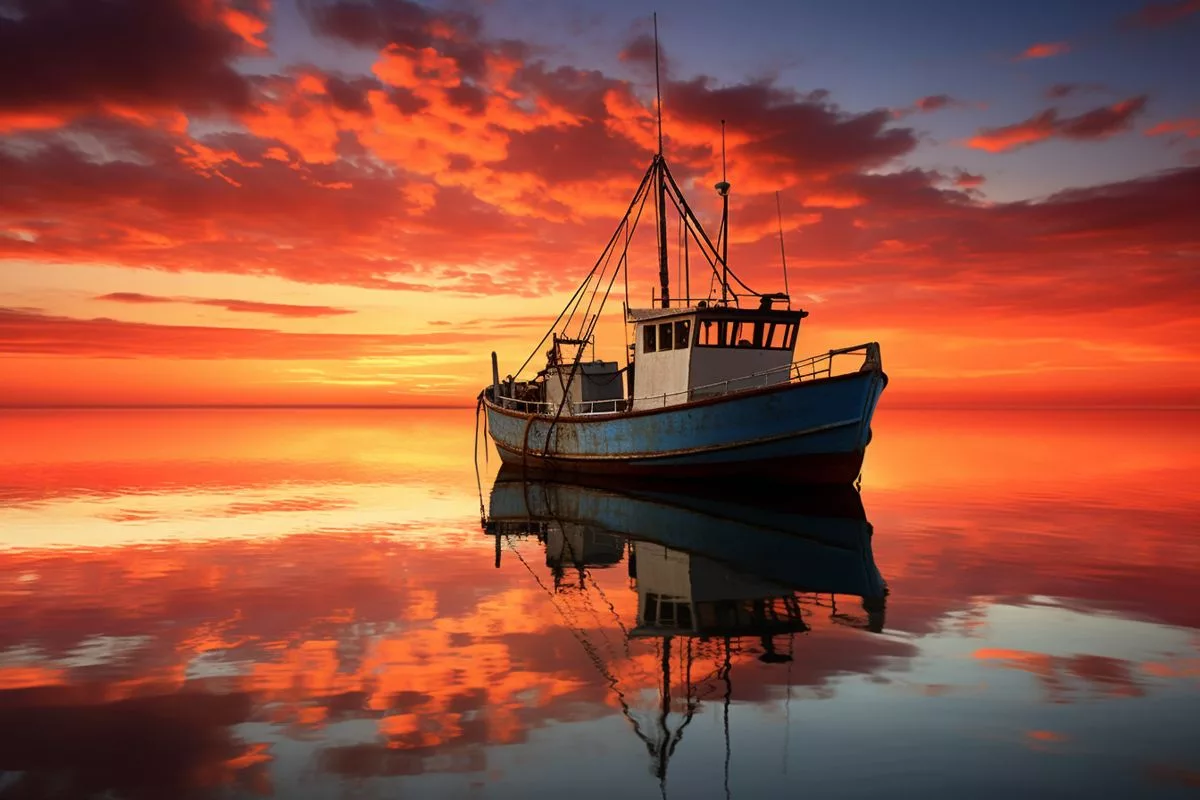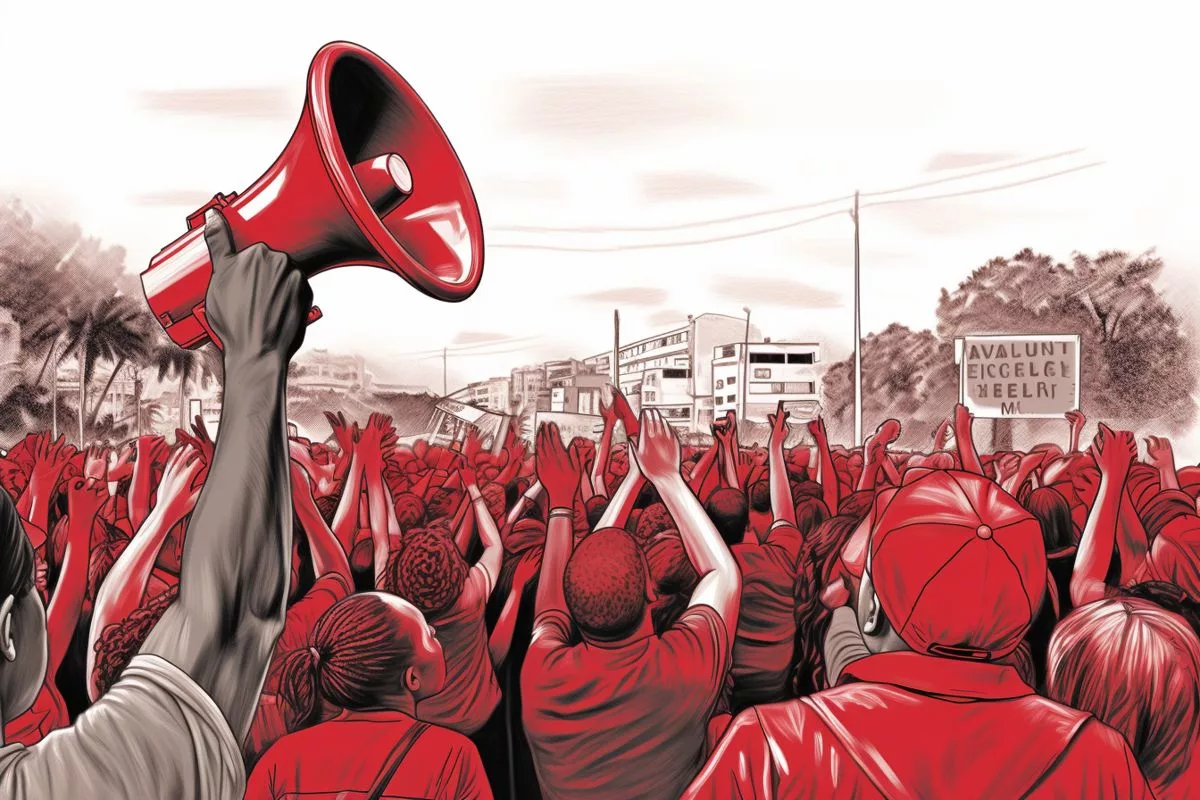South Africa’s Minister of Forestry, Fisheries, and the Environment, Barbara Creecy, announced her decisions regarding the appeals lodged against the rulings in the Hake Longline sector as part of the Fishing Rights Allocation Process 2020/2021. The decisions were made to balance various elements, such as the Marine Living Resources Act principles and objectives, the 2021 General Policy on the Allocation of Commercial Fishing Rights, and the sector-specific policy on commercial fishing rights allocation in the Hake Longline sector. The Minister emphasized the importance of incorporating new entrants to expand access to the fishing industry and foster its transformation while ensuring stability, sustainability, and transparency.
What are Minister Barbara Creecy’s Appeal Decisions in the Hake Longline Sector for FRAP 2021/2022?
South Africa’s Minister of Forestry, Fisheries, and the Environment, Barbara Creecy, disclosed her decisions regarding the appeals lodged against the Delegated Authority’s rulings in the Hake Longline (HLL) sector as a part of the Fishing Rights Allocation Process 2020/2021 (FRAP 2021). FRAP 2021 aims to strike a balance between various elements, such as the Marine Living Resources Act (MLRA) principles and objectives, the 2021 General Policy on the Allocation of Commercial Fishing Rights, and the sector-specific policy on commercial fishing rights allocation in the Hake Longline sector. Following the appeals process, an additional eight Category A, two Category B, and six Category C applicants were awarded rights.
Balancing Factors in FRAP 2021 Appeals
South Africa’s Minister of Forestry, Fisheries, and the Environment, Barbara Creecy, disclosed her decisions regarding the appeals lodged against the Delegated Authority’s rulings in the Hake Longline (HLL) sector as a part of the Fishing Rights Allocation Process 2020/2021 (FRAP 2021). The Minister’s General Published Reasons for her Appeal Decisions will be accessible on the Department’s website shortly, while appellants will be informed about their individual appeal outcomes eventually.
FRAP 2021 endeavors to strike a balance among various elements, such as the Marine Living Resources Act (MLRA) principles and objectives, the 2021 General Policy on the Allocation of Commercial Fishing Rights, and the sector-specific policy on commercial fishing rights allocation in the Hake Longline sector. Minister Creecy highlighted the necessity of incorporating new entrants to expand access to the fishing industry and foster its transformation.
Following the appeals process, an additional eight Category A, two Category B, and six Category C applicants were awarded rights. To make room for these successful appellants, it was required to modify the Total Allowable Catch (TAC) assigned to Category A applicants and redistribute it fairly. This reallocation ensured that no right holder’s TAC fell below the minimum allocation.
Maintaining Stability and Sustainable Development
Minister Creecy emphasized the importance of maintaining stability in the sector, minimizing any adverse effects on job creation, and preventing job losses. She also highlighted the limited TAC availability, which necessitated the careful exercise of discretion in allocating the resource to ensure sustainable development of natural resources while allowing right holders to flourish.
The Minister expressed her contentment with the decisions reached through meticulous examination of the appeals and their overall impact on the sector. The Department is working tirelessly to finalize the Sardine appeals (169 appeals) by November 25, 2023, and the Anchovy appeals (230 appeals) by November 30, 2023. This schedule ensures that the appeals process is completed before the next fishing season begins for both sectors on January 15, 2023.
Commitment to Equitable Access and Transparency
The FRAP 2021 appeals process demonstrates the South African government’s dedication to promoting fair access to the fishing industry and ensuring its sustainable growth. By carefully balancing various factors, including resource allocation, admission of new entrants, and the need for stability, the Minister’s decisions aim to create a more inclusive and transformed sector.
Throughout the entire appeals process, the government has displayed its commitment to transparency and openness. The publication of the General Published Reasons for the Minister’s Appeal Decisions enables the public to gain a better understanding of the factors influencing the outcomes. Moreover, the individual appellants receive tailored feedback on their appeal results, ensuring that all parties involved are informed.
Fostering Industry Growth and Sustainable Development
The fishing industry is a crucial component of South Africa’s economy and cultural heritage. By promoting the sector’s growth and development through initiatives like FRAP 2021, the government is taking measures to ensure that this valuable resource remains accessible and sustainable for future generations. The appeal decisions illustrate that balance and fairness can be achieved, benefiting not only existing industry stakeholders but also new entrants and future generations.
While the FRAP 2021 appeals process is just one aspect of the larger picture of South Africa’s fishing industry management, it serves as a critical indicator of the government’s commitment to transforming the sector and encouraging sustainable development. As the Department of Forestry, Fisheries, and the Environment continues to finalize the remaining appeals for the Sardine and Anchovy sectors, the public can remain optimistic that these decisions will also reflect the same level of care, consideration, and commitment to creating a more equitable and sustainable fishing industry for all South Africans.
How does FRAP 2021 aim to balance various elements in the appeals process?
FRAP 2021 aims to balance various elements such as the Marine Living Resources Act principles and objectives, the 2021 General Policy on the Allocation of Commercial Fishing Rights, and the sector-specific policy on commercial fishing rights allocation in the Hake Longline sector. The appeals process takes into account the need to incorporate new entrants to expand access to the fishing industry and foster its transformation while ensuring stability, sustainability, and transparency.
How many applicants were awarded rights after the appeals process in the Hake Longline sector?
Following the appeals process, an additional eight Category A, two Category B, and six Category C applicants were awarded rights.
How was the Total Allowable Catch (TAC) modified during the appeals process in the Hake Longline sector?
To make room for the successful appellants, it was required to modify the Total Allowable Catch (TAC) assigned to Category A applicants and redistribute it fairly. This reallocation ensured that no right holder’s TAC fell below the minimum allocation.
What is the Minister’s position on maintaining stability and sustainable development in the fishing industry?
Minister Creecy emphasizes the importance of maintaining stability and minimizing any adverse effects on job creation while ensuring sustainable development of natural resources. She also highlights the limited TAC availability, which necessitates the careful exercise of discretion in allocating the resource to allow right holders to flourish.
What is the deadline for finalizing the Sardine and Anchovy appeals?
The Department is working tirelessly to finalize the Sardine appeals (169 appeals) by November 25, 2023, and the Anchovy appeals (230 appeals) by November 30, 2023. This schedule ensures that the appeals process is completed before the next fishing season begins for both sectors on January 15, 2023.
What is the government’s commitment to equitable access and transparency in the appeals process?
The FRAP 2021 appeals process demonstrates the South African government’s dedication to promoting fair access to the fishing industry and ensuring its sustainable growth. Throughout the entire appeals process, the government has displayed its commitment to transparency and openness. The publication of the General Published Reasons for the Minister’s Appeal Decisions enables the public to gain a better understanding of the factors influencing the outcomes.
How does the government aim to foster industry growth and sustainable development through initiatives like FRAP 2021?
By promoting the sector’s growth and development through initiatives like FRAP 2021, the government is taking measures to ensure that the fishing industry remains accessible and sustainable for future generations. The appeal decisions illustrate that balance and fairness can be achieved, benefiting not only existing industry stakeholders but also new entrants and future generations.
What does the FRAP 2021 appeals process indicate about the government’s commitment to transforming the fishing industry?
The FRAP 2021 appeals process serves as a critical indicator of the government’s commitment to transforming the fishing industry and encouraging sustainable development. As the Department of Forestry, Fisheries, and the Environment continues to finalize the remaining appeals for the Sardine and Anchovy sectors, the public can remain optimistic that these decisions will also reflect the same level of care, consideration, and commitment to creating a more equitable and sustainable fishing industry for all South Africans.








